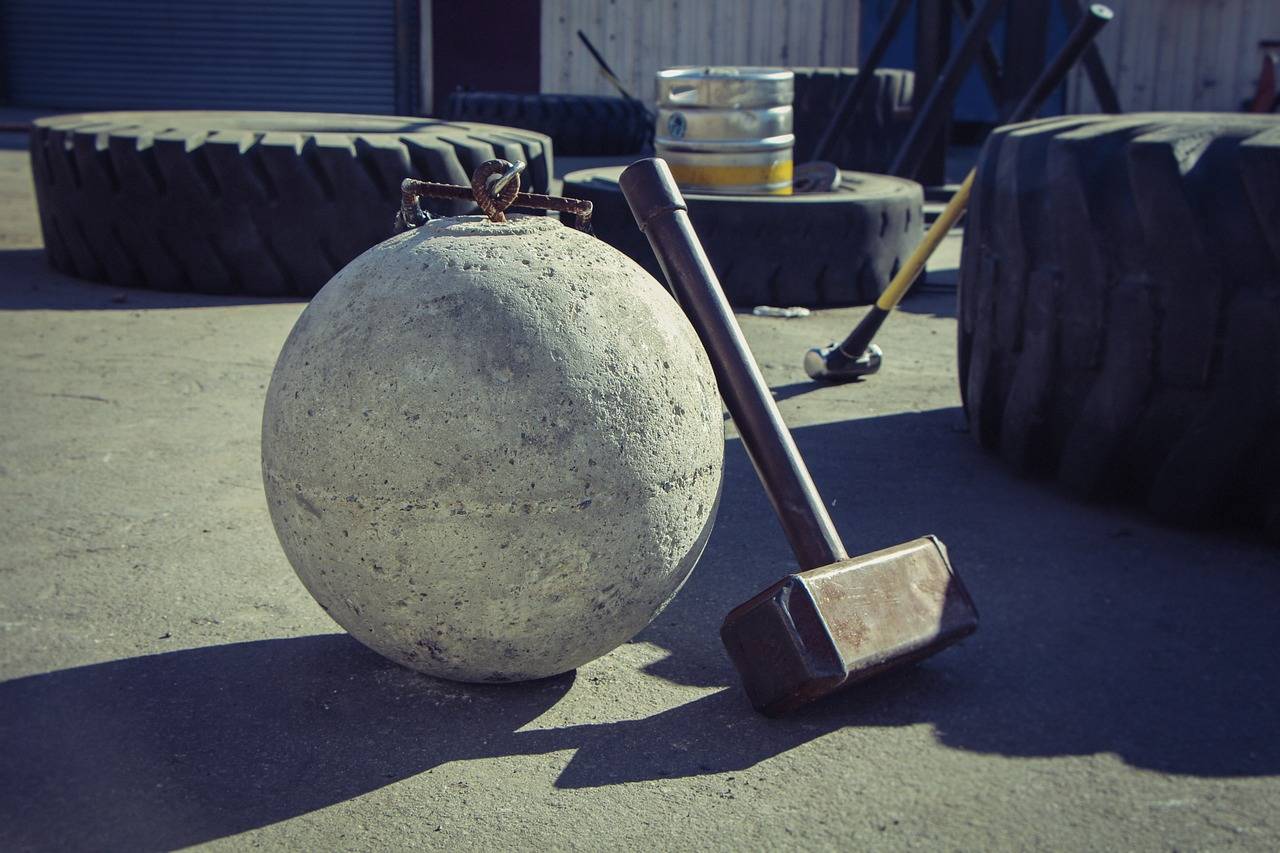Investigating the role of urban planning in infectious disease control: All pannel.com, Play99, Golds 365
all pannel.com, play99, golds 365: Rheumatology and Traditional Chinese Medicine: Balancing Qi for Better Health
Living with rheumatoid arthritis or any other rheumatic condition can be challenging. The pain, stiffness, and inflammation can make it difficult to carry out everyday activities and enjoy life to the fullest. While conventional medicine offers various treatments for managing these conditions, more and more people are turning to Traditional Chinese Medicine (TCM) to help alleviate their symptoms and improve their overall well-being.
In TCM, the concept of Qi, or vital energy, plays a central role in understanding health and disease. According to TCM theory, when Qi is flowing smoothly throughout the body, we experience good health. However, if Qi becomes blocked or imbalanced, it can lead to various health problems, including rheumatic conditions like arthritis.
By using acupuncture, herbal medicine, dietary therapy, and other TCM modalities, practitioners aim to restore the balance of Qi in the body and promote healing from within. These holistic approaches can not only help alleviate the symptoms of rheumatic conditions but also address the underlying imbalances that may be contributing to the disease process.
Acupuncture, in particular, has been shown to be effective in managing pain, reducing inflammation, and improving joint function in people with rheumatoid arthritis. By inserting thin needles into specific points on the body, acupuncturists can help stimulate the flow of Qi and promote the body’s natural healing mechanisms. Many patients report significant improvements in their symptoms and overall quality of life after receiving acupuncture treatments.
Herbal medicine is another important component of TCM that can be beneficial for people with rheumatic conditions. Chinese herbs such as turmeric, ginger, and licorice root have anti-inflammatory properties and can help reduce pain and swelling in the joints. Herbal formulas are often customized to address each patient’s unique symptom patterns and underlying imbalances, making them a personalized and effective treatment option for rheumatology patients.
In addition to acupuncture and herbal medicine, TCM practitioners may also recommend dietary therapy, exercise, and lifestyle modifications to support the healing process and promote long-term health. By incorporating these holistic approaches into their treatment plans, patients can experience more comprehensive care that addresses not only their physical symptoms but also their emotional and spiritual well-being.
While TCM can be a valuable complement to conventional rheumatology treatments, it is essential to work with a qualified and experienced practitioner who understands both traditional Chinese and Western medical perspectives. By integrating the best of both worlds, patients can benefit from a more holistic and personalized approach to managing their rheumatic conditions and improving their overall quality of life.
In conclusion, Traditional Chinese Medicine offers a unique and effective way to support people with rheumatic conditions like arthritis. By focusing on balancing Qi and addressing the root causes of disease, TCM can help alleviate symptoms, improve joint function, and promote overall well-being. If you are living with a rheumatic condition and are looking for alternative treatment options, consider exploring the benefits of TCM and working with a qualified practitioner who can help you on your healing journey.
FAQs:
Q: Is Traditional Chinese Medicine safe for people with rheumatic conditions?
A: TCM is generally considered safe when practiced by qualified and experienced practitioners. However, it is essential to consult with your healthcare provider before starting any new treatment to ensure it is safe and appropriate for your individual needs.
Q: How many acupuncture sessions are typically needed to see results for rheumatoid arthritis?
A: The number of acupuncture sessions needed can vary depending on the severity of the condition and the individual’s response to treatment. Some patients may experience significant improvements after just a few sessions, while others may require more frequent treatments over a longer period to see results.
Q: Are there any dietary restrictions I should follow when incorporating TCM into my rheumatology treatment plan?
A: TCM practitioners may recommend dietary modifications based on your specific symptoms and imbalances. In general, a balanced and anti-inflammatory diet rich in fruits, vegetables, whole grains, and lean proteins can support the healing process and promote overall health for people with rheumatic conditions.







